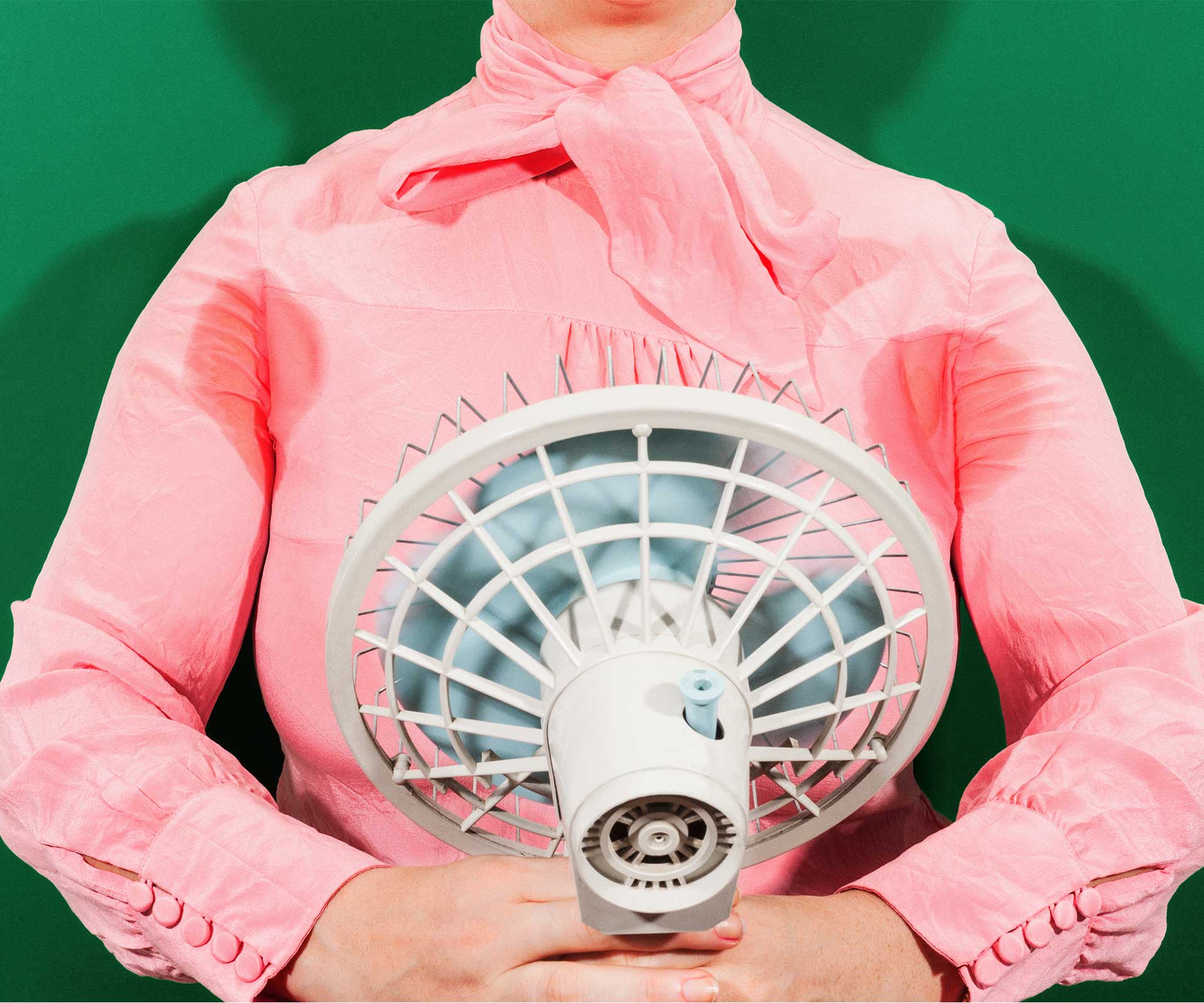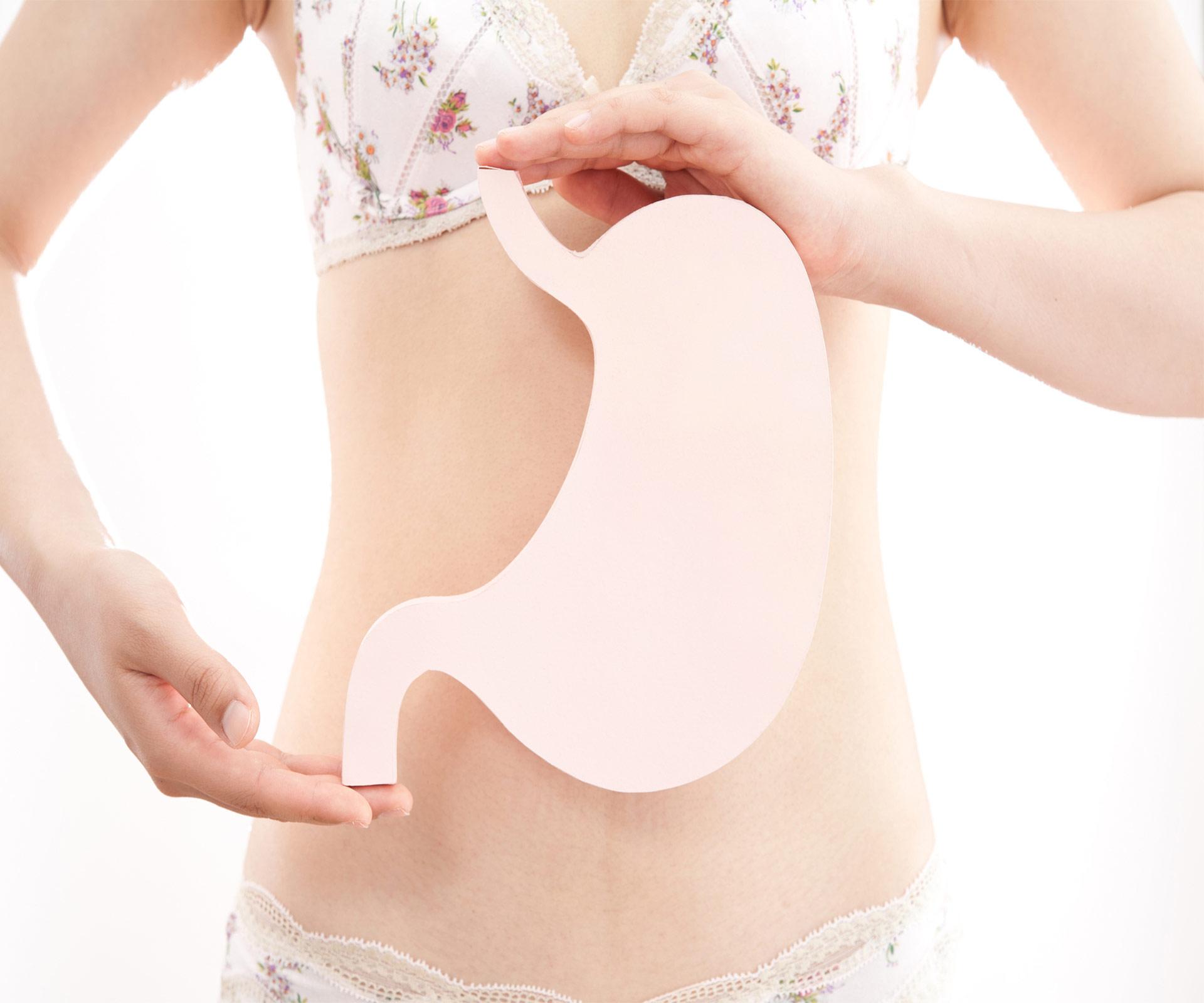1. Sweat itself is virtually odourless. The unpleasant smell occurs when bacteria that live on our skin break down our sweat into acids. Each person has a body odour that is unique to them and influenced by gender, health, what they eat and any medication they may be on.
2. You are more susceptible to having BO issues if you’re overweight because sweat can get trapped in folds of skin. Losing weight can be an effective way to eliminate odour.

3. You might expect people who suffer from the condition hyperhidrosis which causes extreme sweating – to have worse problems with BO. But, in fact, the salt level of their sweat can be so high that the bacteria doesn’t break down, so there may not be a smell at all.
4. Foot odour can be a problem, even in people who don’t suffer from odour anywhere else, because wearing shoes and socks makes it more difficult for sweat to evaporate. This means the bacteria on your feet have more sweat to break down. Moist feet can also increase the chances of fungal infections, which can also result in an unpleasant odour. Dead skin also provides a great environment for bacteria to thrive, so exfoliate to remove it.

5. If you’ve noticed you seem more prone to BO because you’re sweating more than usual, it could be because of a medical condition. Having an overactive thyroid can make you sweat more than usual and menopause can too.
6. Certain illnesses can change the consistency of sweat and make your body smell differently. A fruity smell can be an indication of diabetes because of high levels of ketones in the bloodstream. A bleach-like smell can be the result of a build-up of toxins in the body because of liver or kidney disease.

7. It’s a good idea to see your doctor if:
• You start sweating at night
• You sweat much more than usual for no obvious reason
• Sweating starts to negatively impact your life
• You experience cold sweats.
8. Prevent and treat body odour by:
• Having a bath or shower once a day, or more if it’s hot or you’ve exercised and worked up a sweat. Warm water helps to get rid of bacteria build-up on the skin much more effectively than cold. Make sure you thoroughly dry areas where you’re prone to sweating.
• Wearing clothing made from natural fibres, such as cotton or wool. Such fabrics allow your skin to breathe, meaning sweat evaporates better and doesn’t sit around on the skin.
• Avoiding spicy or strong-smelling foods. Garlic, onions, curry and other spicy foods can make sweat more pungent. There’s also some evidence that eating lots of red meat can increase the risk of body odour and coffee can also result in a certain smell. Surprisingly, broccoli, Brussels sprouts and other veges in the cruciferous family can result in a distinctive smell because they contain sulphur.
• Use an anti-bacterial soap when you wash your body, especially your armpits. This will keep reduce the bacteria on your skin and therefore the risk of odour developing.
• Shave your armpits to remove bacteria and allow sweat to evaporate more quickly.
• Consider using deodorant or antiperspirant. Deodorants make the skin more acidic, creating an environment bacteria are less likely to thrive in. Antiperspirants block the action of your sweat glands, reducing moisture. Some studies suggest a link between antiperspirants and cancer, but others say the evidence is inconclusive.
9. Botox can be used to treat sweating issues. When injected into the armpits, it can block the signals sent from the brain to the sweat glands, resulting in less sweating. You’ll need to have a series of injections over time for it to be effective.
10. Being stressed can make you sweat. This particular type of sweat comes from glands called aprocrine glands and is different in consistency to the sweat produced in response to being hot or exercising. It tends to be smellier when broken down by bacteria.


